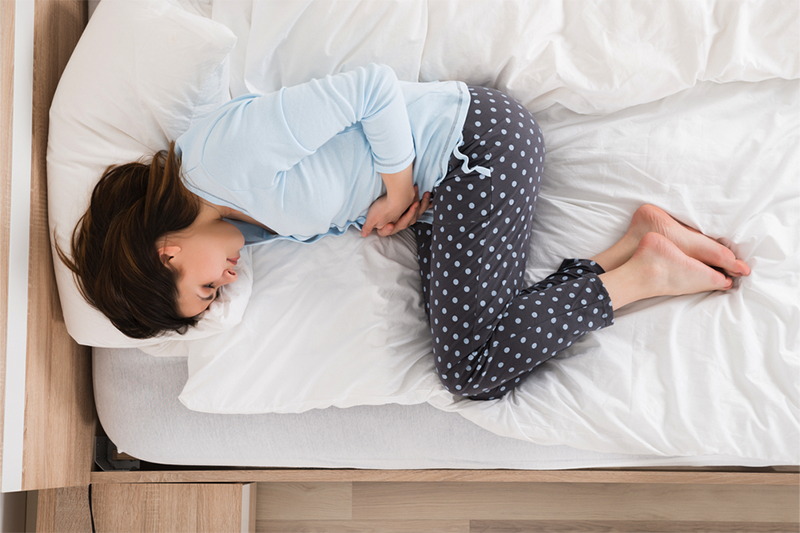Anxiety and depression levels seem to be ever on the rise, especially in the post-pandemic world we are living in. Many women have either experienced depression and/or anxiety or are currently suffering from mild to severe depressive and/or anxious symptoms, all while trying to conceive, or preparing to conceive.
It’s been shown that women have an increased prevalence of mood and anxiety disorders during their childbearing years, more than at any other time in their lives! And rightfully so! The 20s and 30s are often filled with drastic life changes and challenging milestones, combined with added social pressures to raise a family or advance a professional career.
Why Is This Important When Trying to Get Pregnant?
Recent research examined depression, anxiety and psychotropic medications (medications that affect mental state) and their effects on fertility. The research study observed that women who had moderate to severe depressive symptoms had the most pronounced impacts on their likelihood of conception, regardless of whether they were receiving treatment.
It was also observed that antidepressant medication may have a negative impact on fertility, due to their common side effect of decreased libido.
This tells us, that regardless of medication use or non-use, depressive symptoms do have a negative impact on fertility; however; it also was identified that trying to conceive and the conception process can actually begin to cause depression in some women.
Oftentimes depression is associated with a phenomenon called ”hypothalamic-pituitary-adrenal-ovarian axis dysregulation,” which essentially means the brain and your endocrine glands are overwhelmed and not communicating as they should be. This can actually affect hormonal cycling and decrease or stop ovulation altogether. What’s inspiring about this correlation, is that when women can correct HPAO axis dysregulation, they can not only improve their moods but also improve their fertility!

What Can You Do?
If you’ve been feeling anxious or depressed, it’s always a great time to begin a discussion with a healthcare provider to discuss your concerns. They often have helpful resources or referrals and can also take a look at your hormones to examine any imbalance that may be contributing to your low mood.
It’s also important to remember that many women feel similarly; the time of conception holds a high amount of emotional weight and expectations. It’s essential to take time to care for your emotional needs while trying to conceive. The better you can feel before pregnancy, the better you can prepare yourself for the journey of motherhood that awaits you.
Never be afraid to seek out help or discuss your concerns with your doctor, spouse/partner and family. While the future may feel bleak at times, the more action you can take to seek out treatment, therapy, or begin meditation or cognitive behavioral therapy practices, the sooner you can begin to feel better and restore your fertility.
You can learn more on this topic in Emotional Health and Your Fertility.
Helpful Resources:
National suicide prevention hotline 800-273-8255
Postpartum support: https://www.postpartum.net/get-help/help-for-moms/
Books:
”Happy for no reason” by Dr. David Burns
“How to do the work” by Nicole LePera (The Holistic Psychologist)
“A Mind Of Your Own” by Dr. Kelly Brogan
References:


